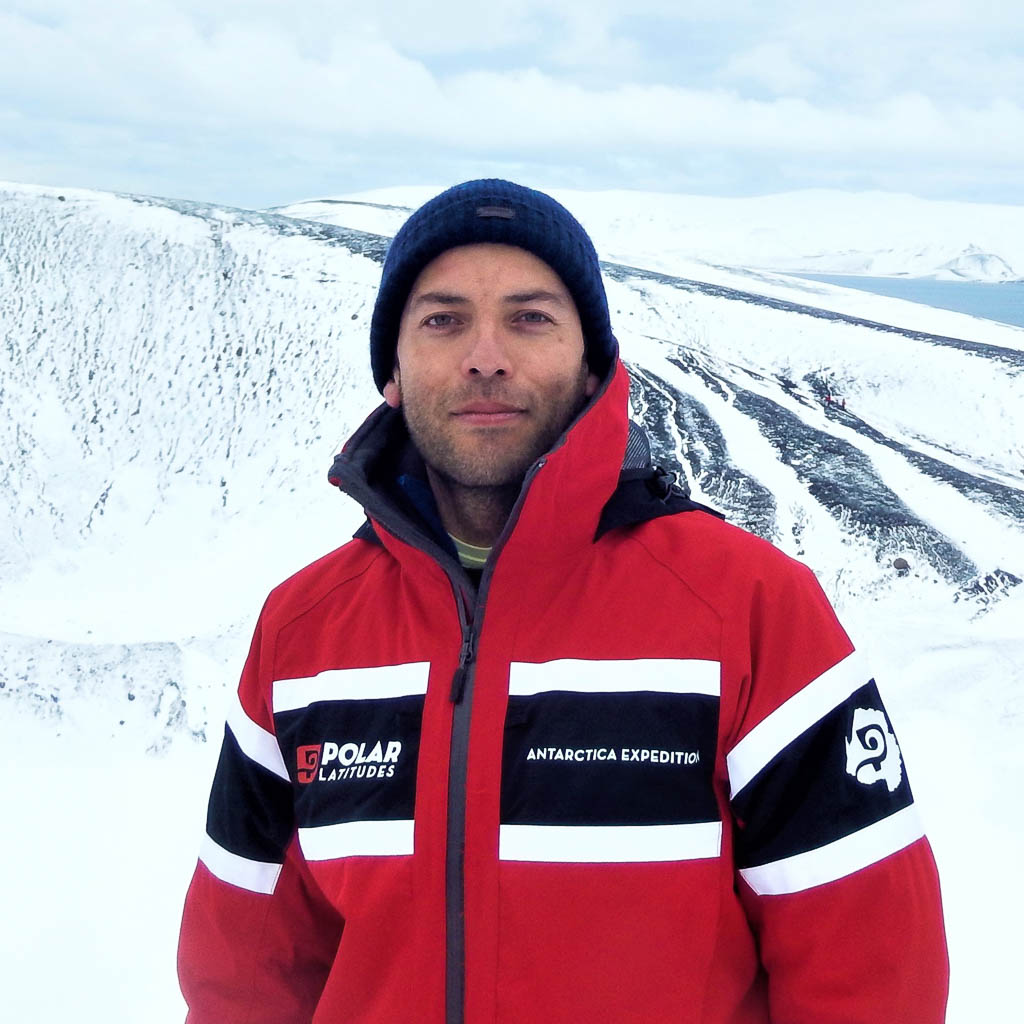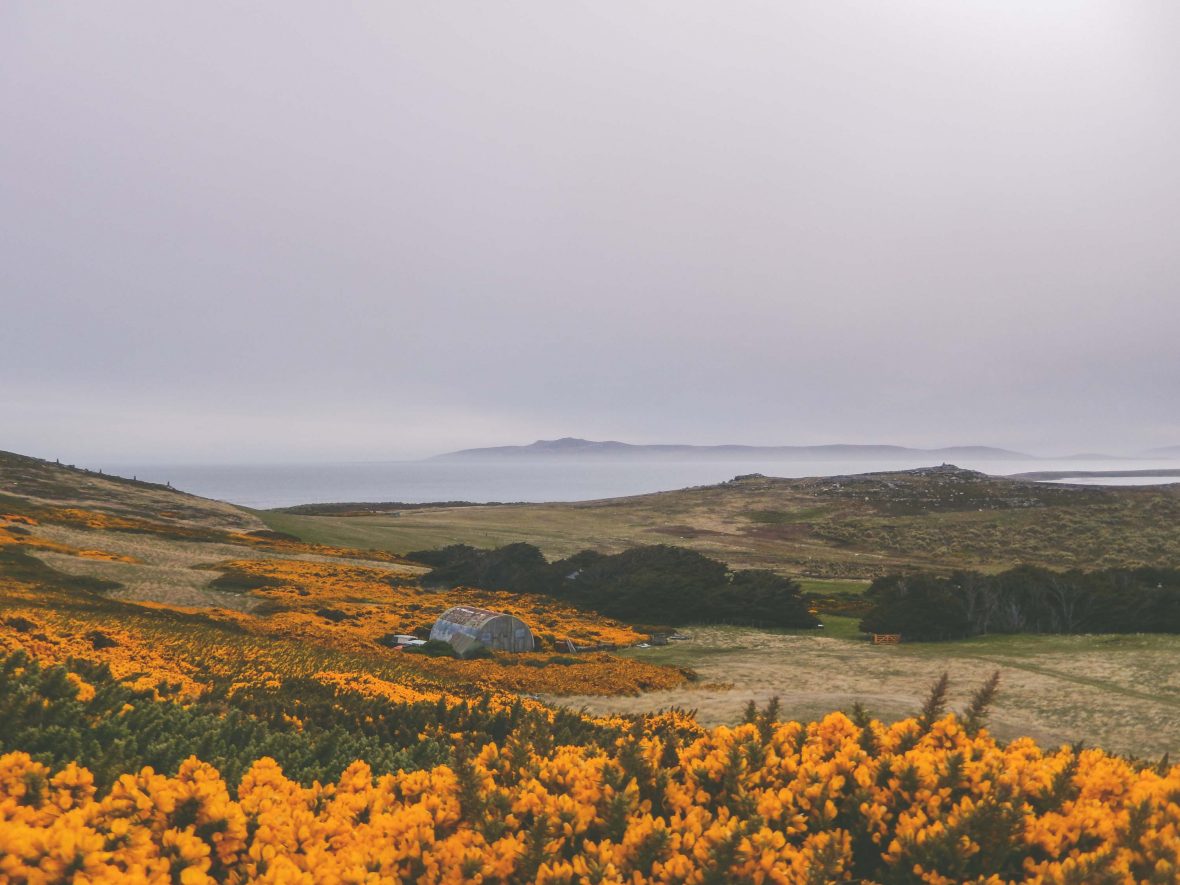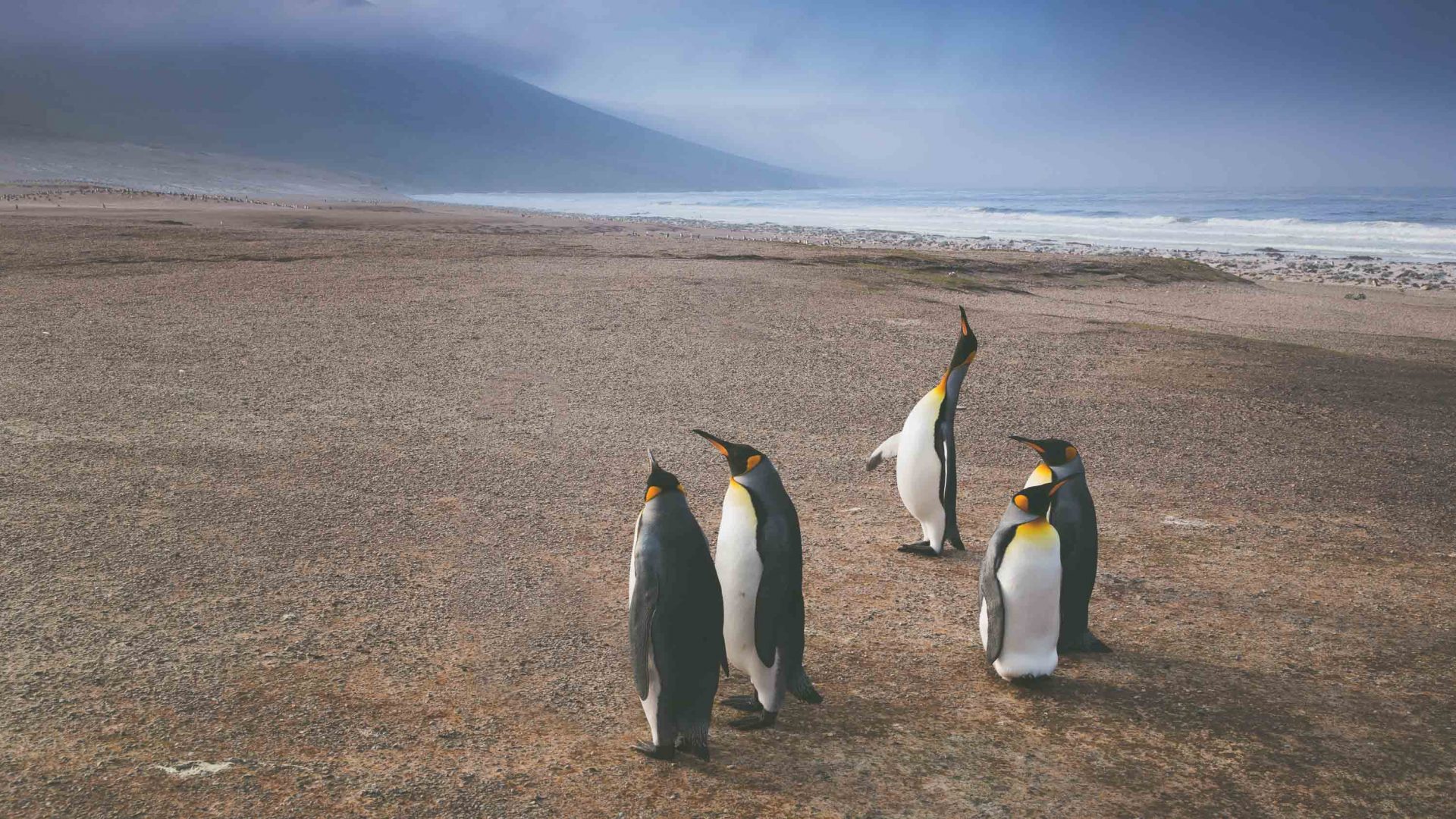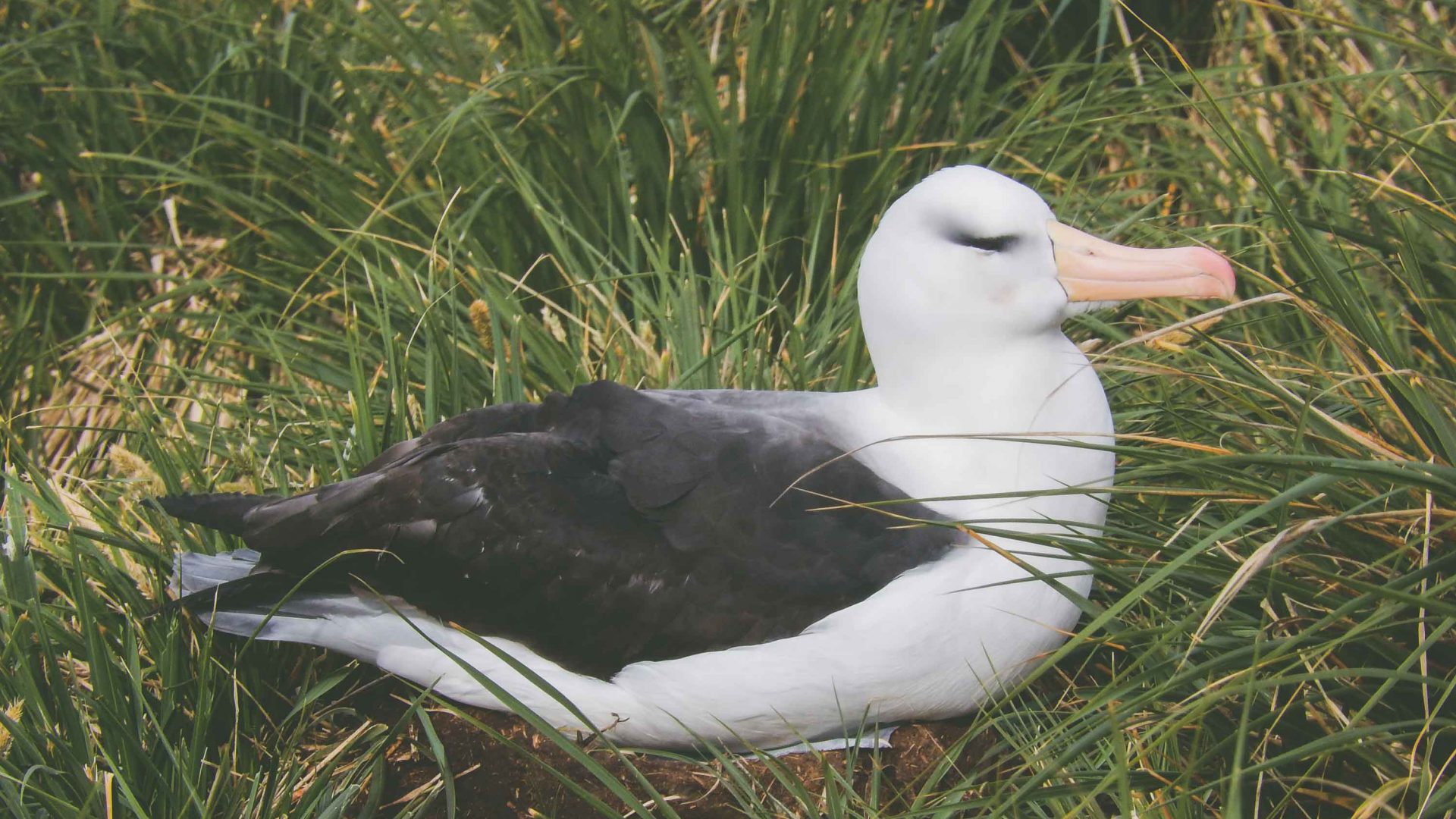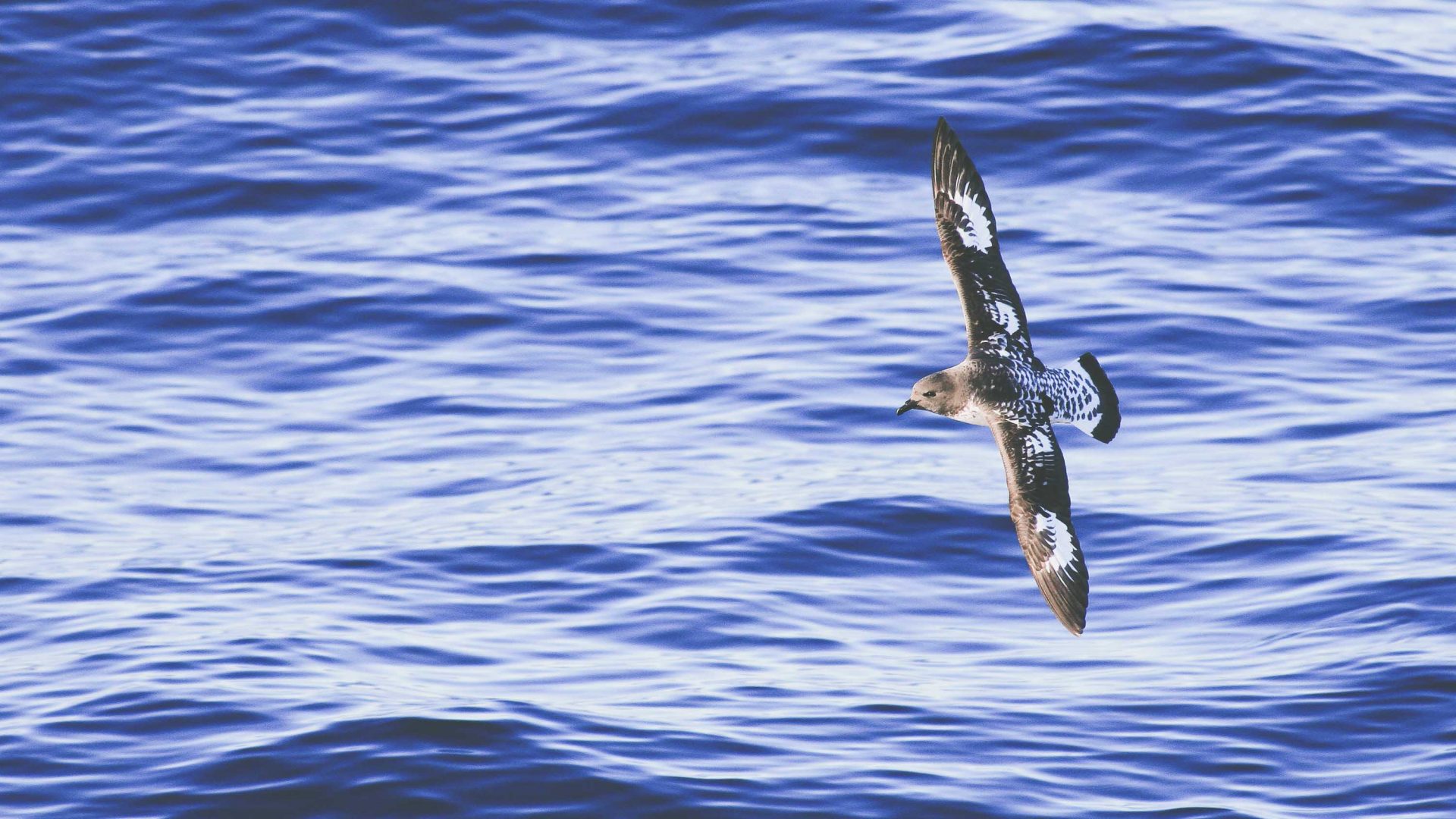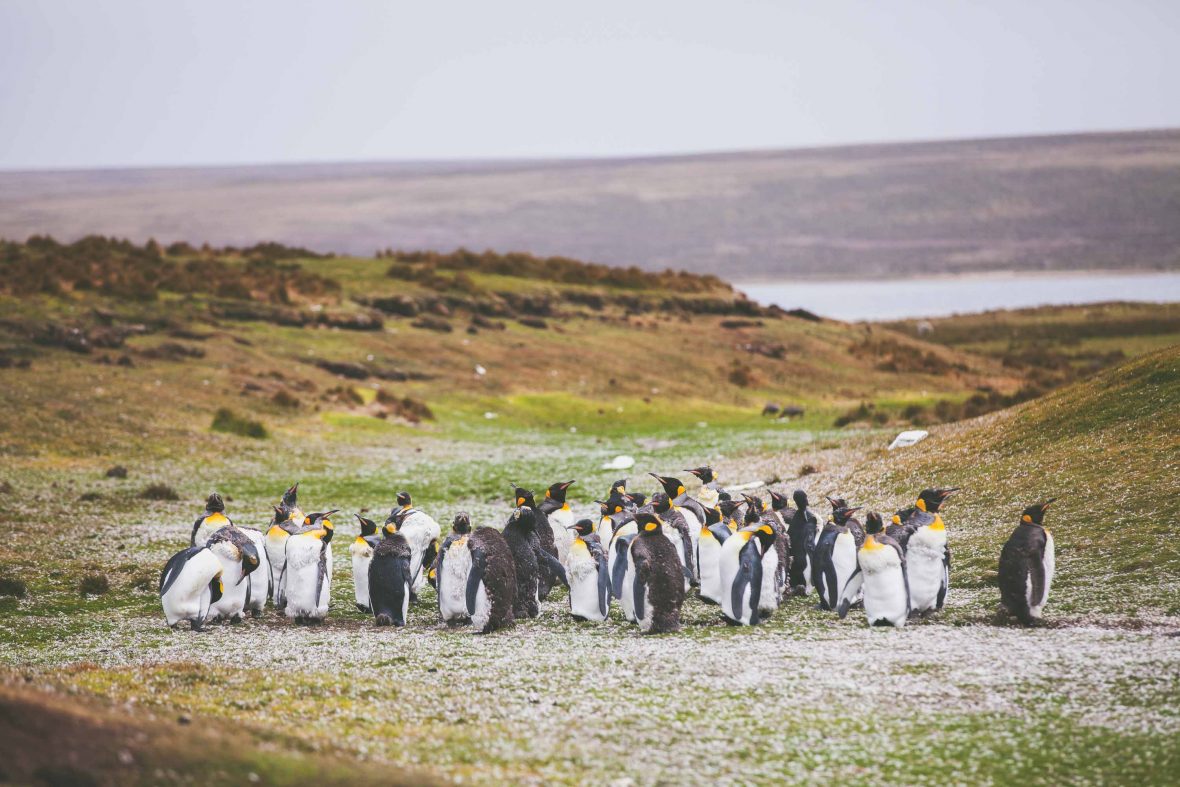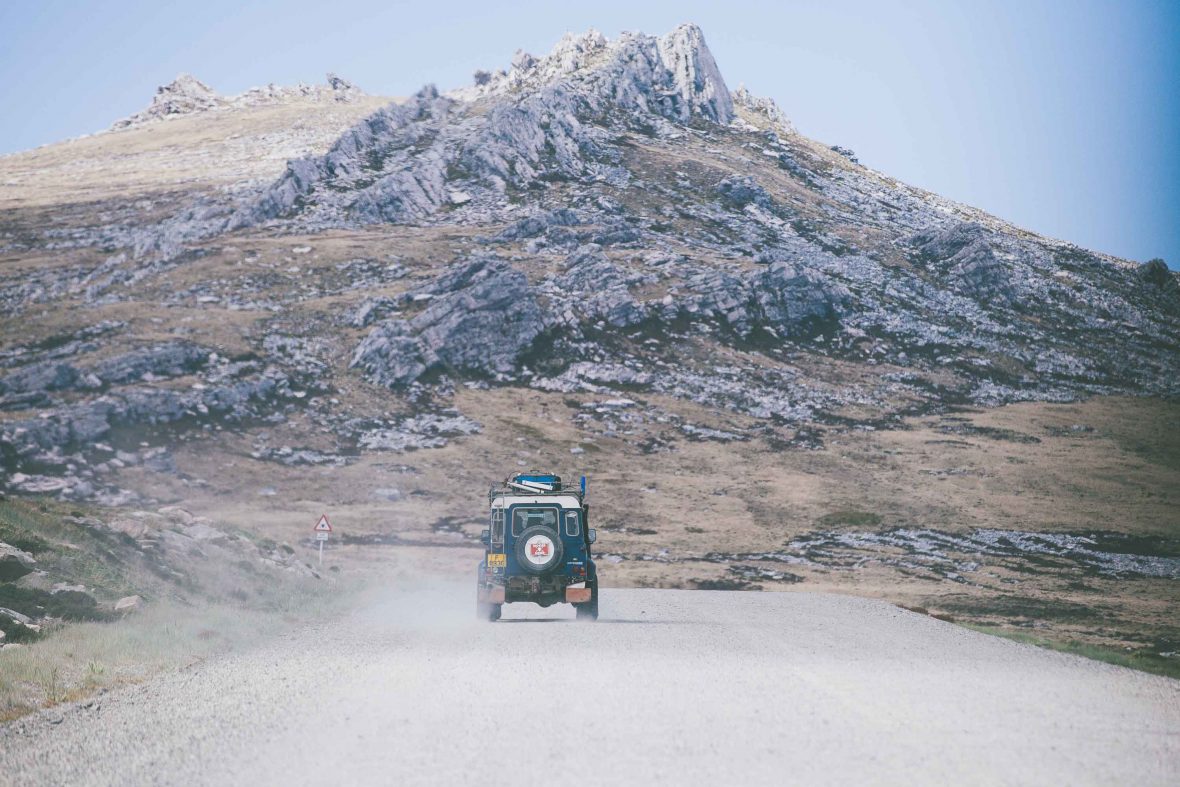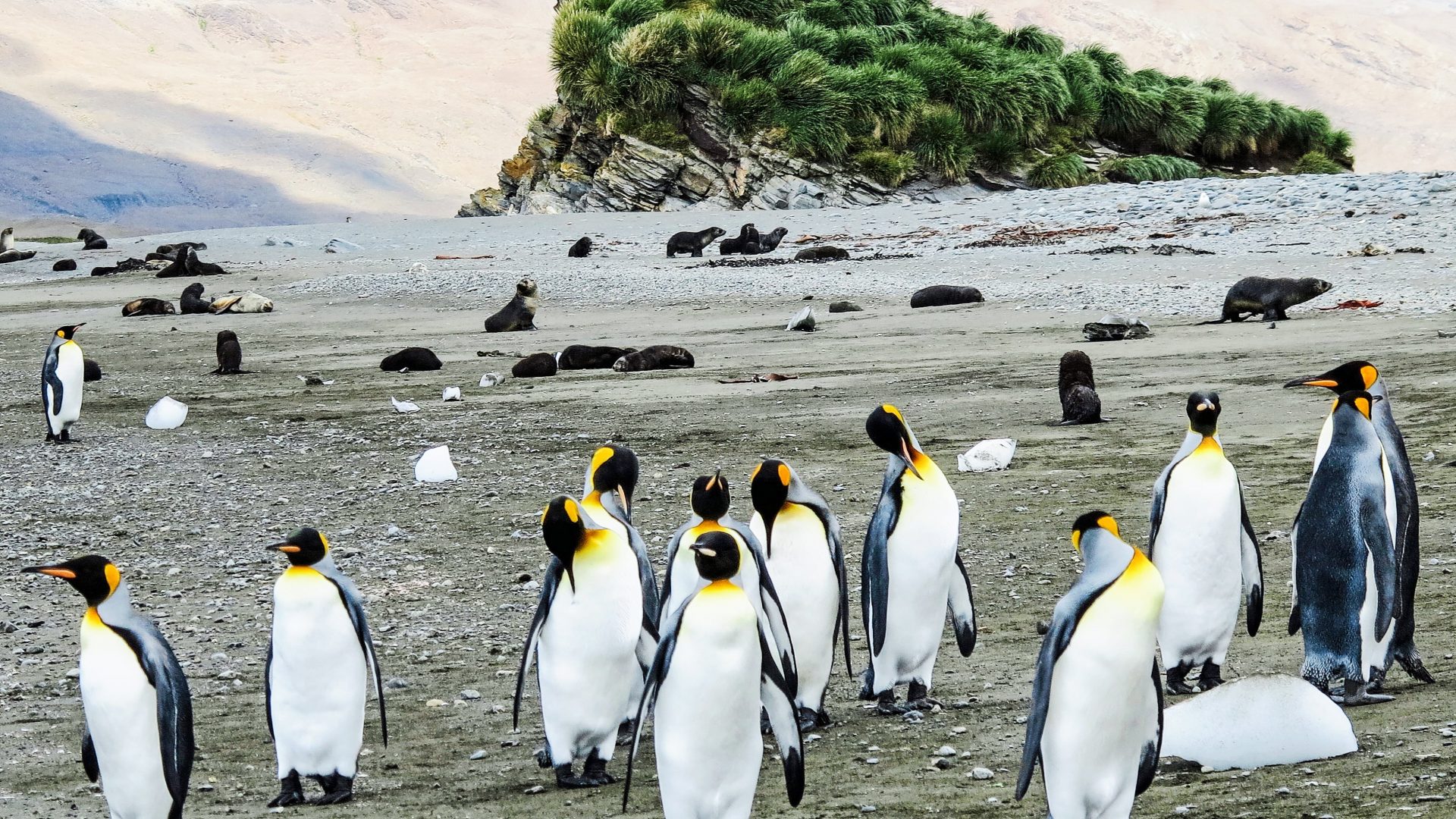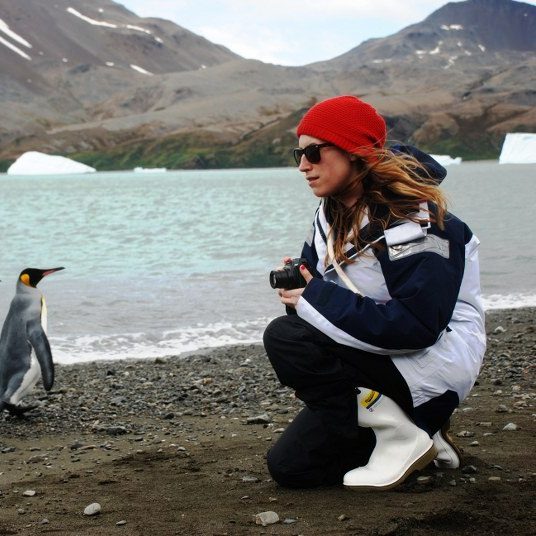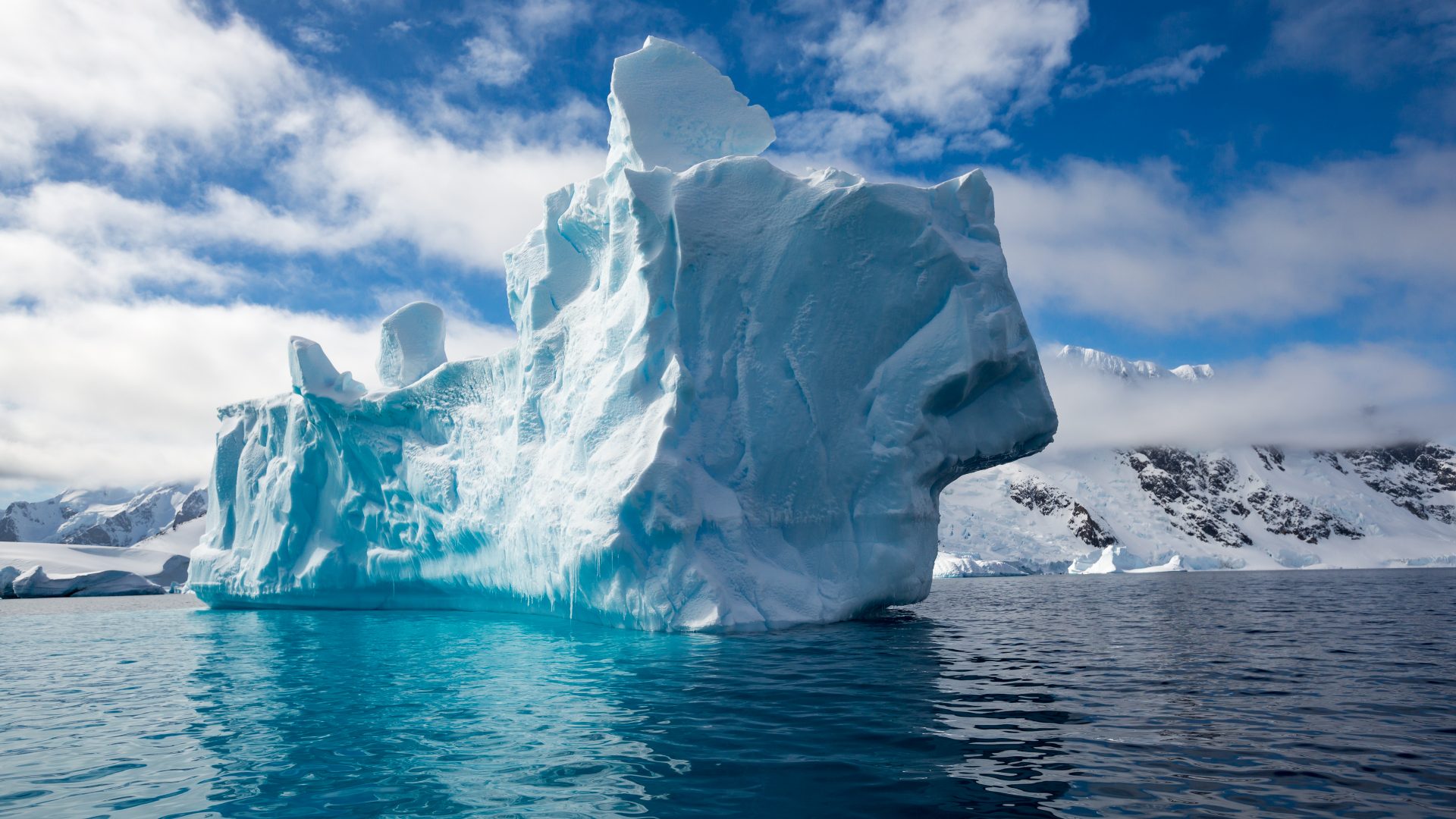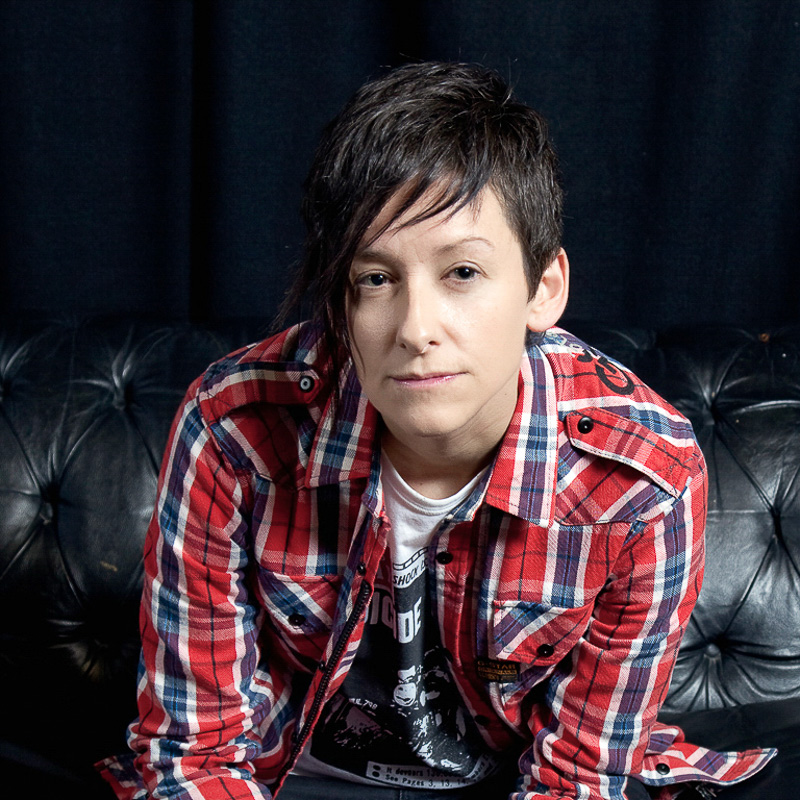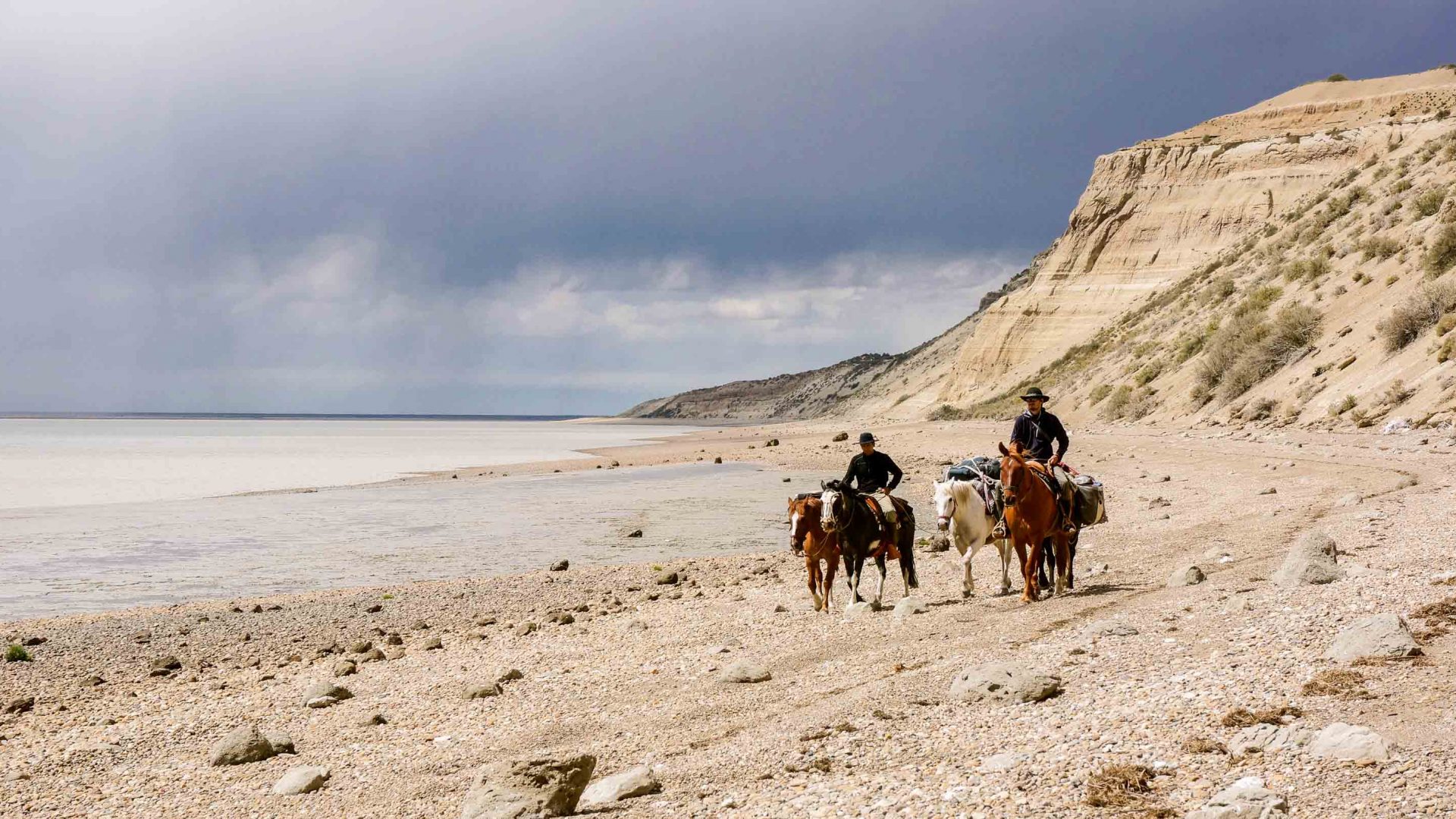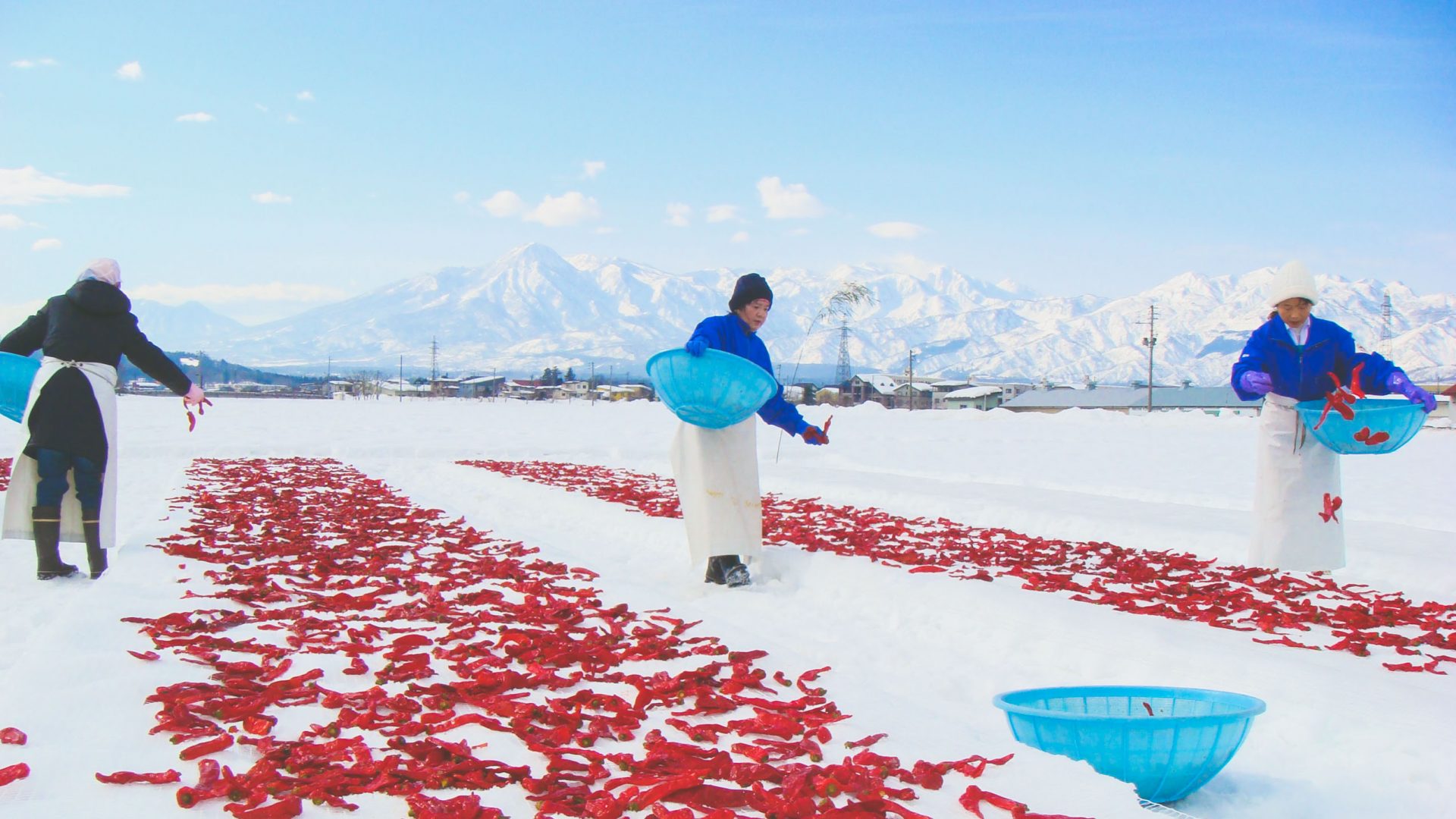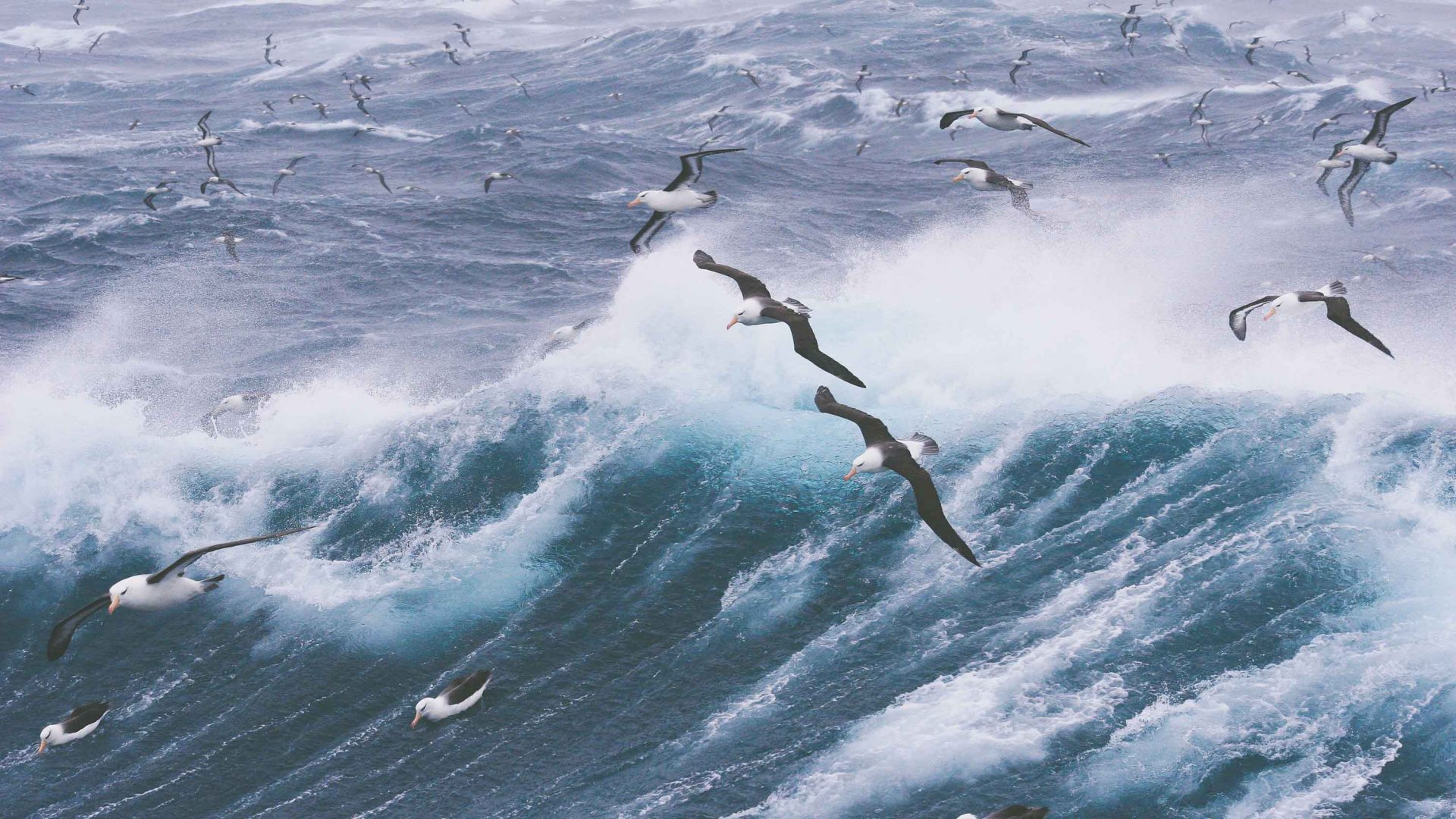
Editor’s note: This article was published before the coronavirus pandemic, and may not reflect the current situation on the ground.
When you think of the Falkland Islands, chances are it’s the 1982 war between Britain and Argentina that comes to mind. But this archipelago is a wildlife haven, as Shafik Meghji discovers.
The blackboard in Jackie and Allan White’s kitchen reveals a week of contrasts. Monday: Check for new lambs. Tuesday and Wednesday: Prepare tea and cakes for hundreds of cruise passengers. Thursday: Kill mutton. Friday and Saturday: Host hundreds more cruise passengers. Sunday: Move the ewes.
It would be worth making the trip to West Point Island for Jackie’s baking alone: Her kitchen table heaves with 26 different types of home-made cakes, pastries and biscuits. But the real reason my cruise moored here, on the northwestern tip of the Falklands, is the remarkable profusion of birdlife— West Point is home to vast rockhopper penguin and black-browed albatross breeding sites, as well as 800 sheep, 200 cows and two humans.
After filling up on scones, cinnamon whirls and slices of coffee cake, I leave the White’s white-picket-fenced, weather-boarded homestead and cross a landscape reminiscent of the Scottish Highlands, with misty hills covered with scrub and patches of bright yellow gorse.
